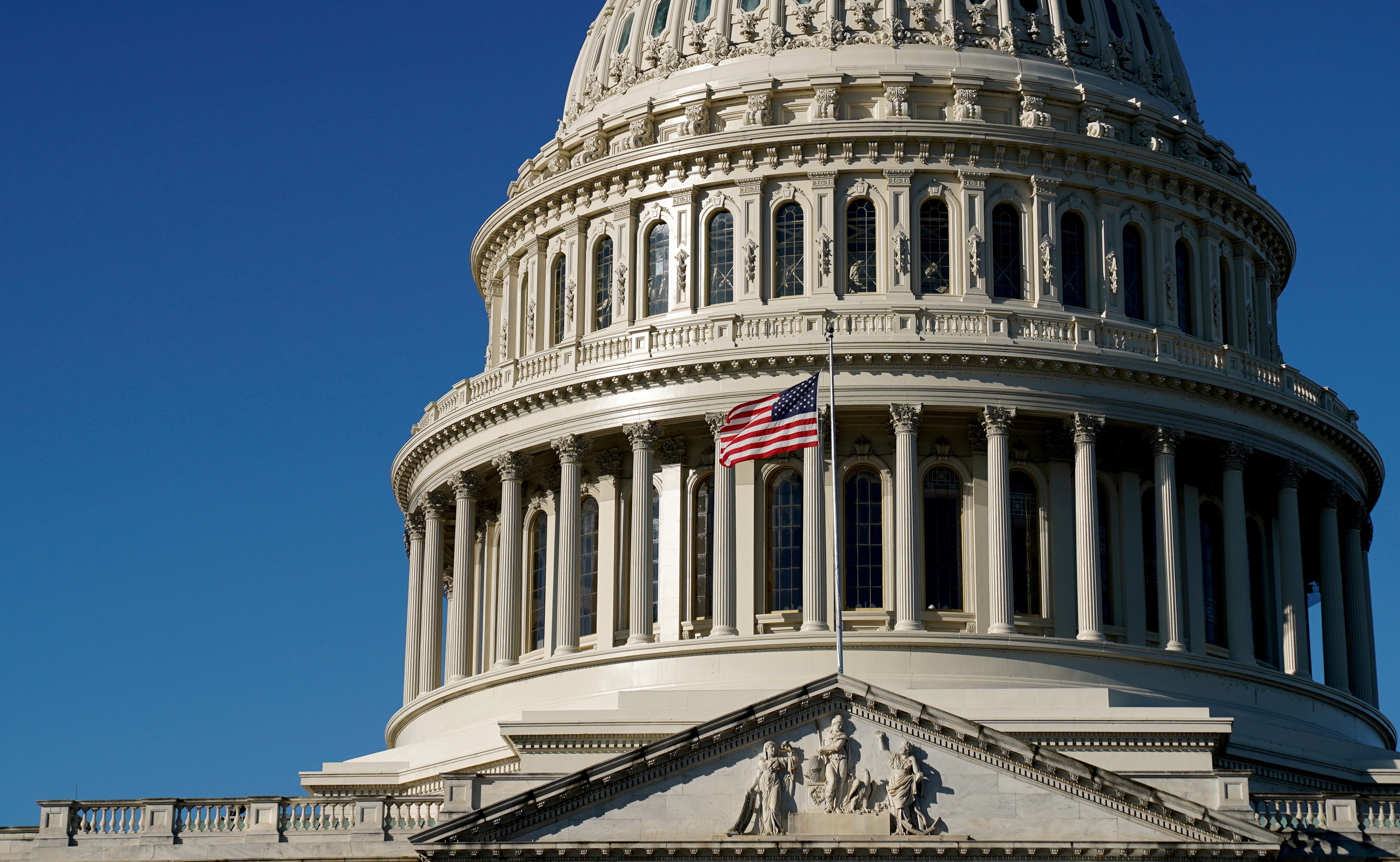Senate Passes Trump's Tax Bill Amidst Controversy and Delays
The Senate narrowly approved Trump's tax bill, facing opposition and delays, as House Republicans prepare for a key vote amid concerns over fiscal impact.

Most Americans taxes to go up if House can't pass 'big, beautiful bill'

Trump's 'big, beautiful bill' stalls in House amid conservative mutiny threats

Why Donald Trump’s 'big, beautiful bill' is a test for our democracy

What’s next for the Big Beautiful Bill as it heads back to the House
Overview
The Senate passed Trump's tax bill 51-50, with Vice President JD Vance breaking the tie, amid significant opposition from some Republicans.
President Trump urges Congress to pass the bill by the Fourth of July, despite facing resistance from conservative members and ongoing debates.
Elon Musk and Trump threaten to support third-party candidates against Congress members who oppose the tax bill, intensifying political pressure.
Democrats criticize the bill as a tax cut for the wealthy, warning it could lead to cuts in Medicaid and food assistance, raising concerns within their party.
The Congressional Budget Office estimates the bill could add $3.3-3.4 trillion to federal debt, complicating its passage in the House where Republicans are divided.
Analysis
Center-leaning sources frame the narrative around Trump's tax bill as contentious, highlighting Republican urgency and internal skepticism. They emphasize the dramatic Senate vote and the challenges faced, suggesting a mix of determination and division within the GOP. Implicit bias leans toward skepticism about the bill's broader implications.
FAQ
Trump's One Big Beautiful Bill includes historic tax relief, border security measures, welfare reforms, funding for critical infrastructure including $12.5 billion for modernizing the air traffic control system, and provisions preserving the credit union tax status to benefit millions of consumers.
The Senate vote on the tax bill was extremely close at 51-50 due to significant opposition from some Republicans. Vice President JD Vance broke the tie, enabling the bill's passage.
Democrats criticize the bill as primarily benefiting the wealthy and warn it may lead to cuts in Medicaid and food assistance programs. The Congressional Budget Office estimates the bill could increase federal debt by $3.3 to $3.4 trillion, creating fiscal concerns and division among House Republicans.
Elon Musk and President Trump have threatened to back third-party candidates against House Republicans who oppose the tax bill, increasing political pressure to pass the legislation despite internal divisions.
Industry leaders such as Airlines for America and America's Credit Unions have praised the Senate for including funding to modernize air traffic control and preserving favorable tax status for credit unions, respectively, urging the House to quickly approve the bill so it can be signed into law.